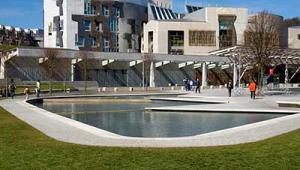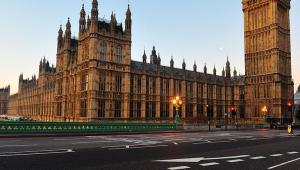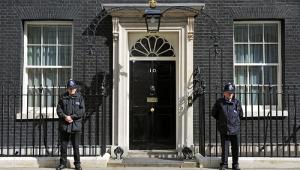Local government in Scotland is feeling a bit bruised and the relationship with the Scottish Government in Holyrood is perhaps best described as tense. Mainly this is due to money as the local government settlement announced by finance secretary John Swinney was tough and supplemented by some pretty fierce penalties to ensure obedience to the council tax freeze.
Local austerity has not moved as swiftly and deeply as south of the border but now the cuts are beginning to bite. To an extent the new money for health and social care integration has masked the scale of the problem but it seems likely that Scottish local authorities will now have to consider cutting non-statutory services, and do so by dropping cherished commitments to avoid compulsory redundancies. For example, City of Edinburgh is looking at a reduction of 2,000 posts.
Some local authorities have considered raising council tax to compensate for the cuts, which would end the eight-year council tax freeze in Scotland. However, the penalties mean that, as Moray Council found out when it proposed an 18% increase, the rise needed to be so large as to be electoral suicide. Though there is a lot of unhappiness and COSLA has been vocal in its dissatisfaction, it's quite difficult to see how the settlement can be avoided. My guess is that reluctantly all 32 will sign to Swinney’s terms, and the freeze will continue.
One positive is that Scotland is the only part of the UK which is having a proper debate about funding of local services, with a recent cross-party commission seriously discussing the end of council tax and looking rigorously at alternatives.
However, such innovation feels a way off when compared to the settlement on the table now. There will have to be belt tightening but also a closer look at more strategic efficiencies. There is not much appetite for outsourcing in Scotland and arms length organisations can cause conflicts of interest that make officers uncomfortable. Yet local authorities will have to look at these options, and also be more focused on other models of income generation. There are some easy wins around technology and efficiency, for example, the City of Edinburgh is about to sign a deal to dramatically improve the efficiency of its services by automating their core transactions.
It's hard to speak for Scottish local government as a whole but it seems that councils are not expecting another round of cuts soon. For one, despite the fact that this settlement is for only a single year, City of Edinburgh has set a four-year budget.
LGiU Scotland, which launches on Thursday, has prioritised funding and finance in our briefings and blog throughout our pilot phase, and will continue now. Finance intelligence is critical for elected members and policy officers: from the arguments around the council tax freeze and 2015/16 budgets as well as longer term debate about the future of local government taxation and the changing demographics of many councils.
We are aiming to get on the ground experience of council teams as they seek to deal with the demand for services under tight spending pressures, looking for best practice.
And in a Holyrood election year, we will be running a ruler over the party’s proposals on local taxation as they’re published over coming months following the Commission on Local Tax Reform, and last week’s Independent Commission for Competitive and Fair Taxation.




















